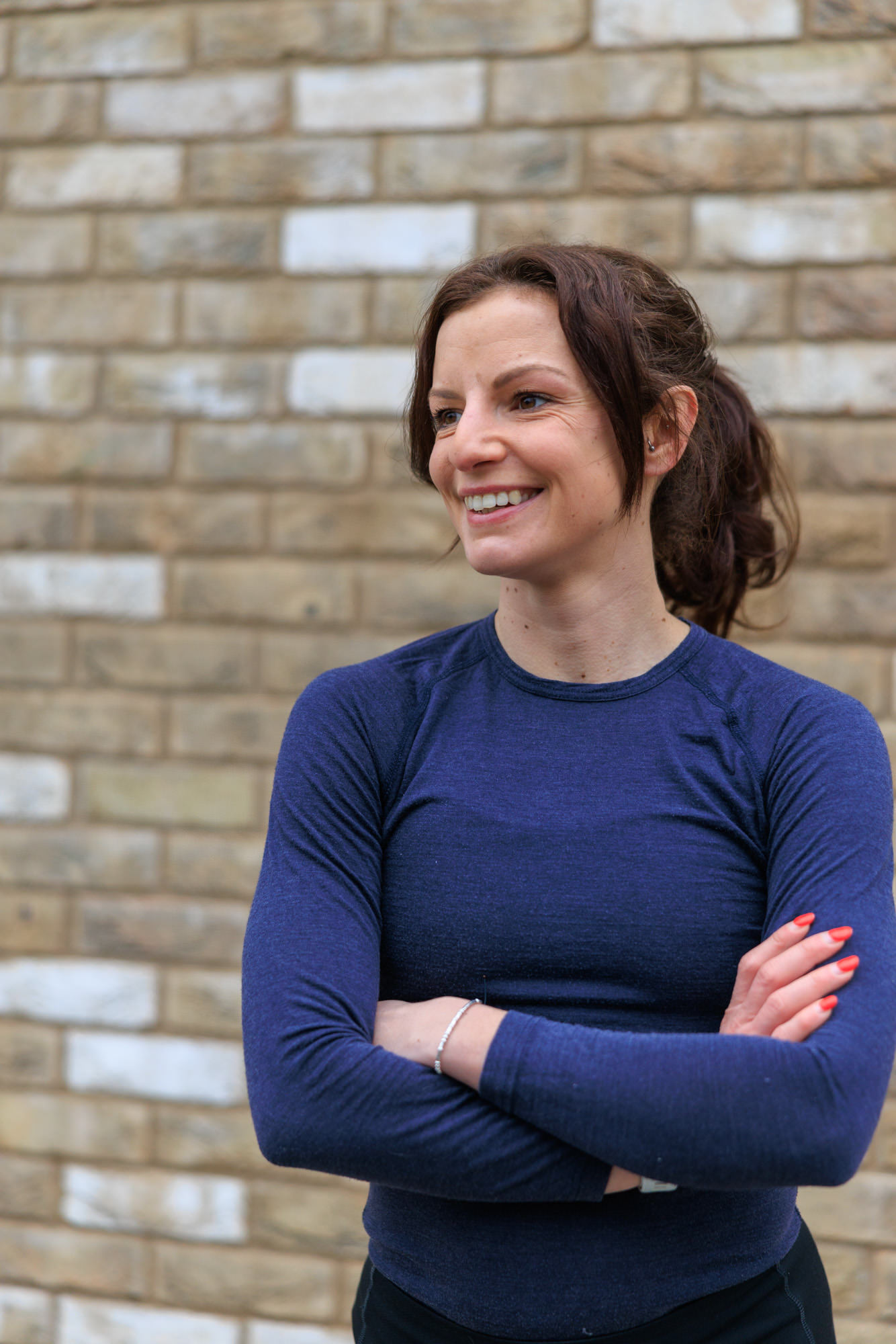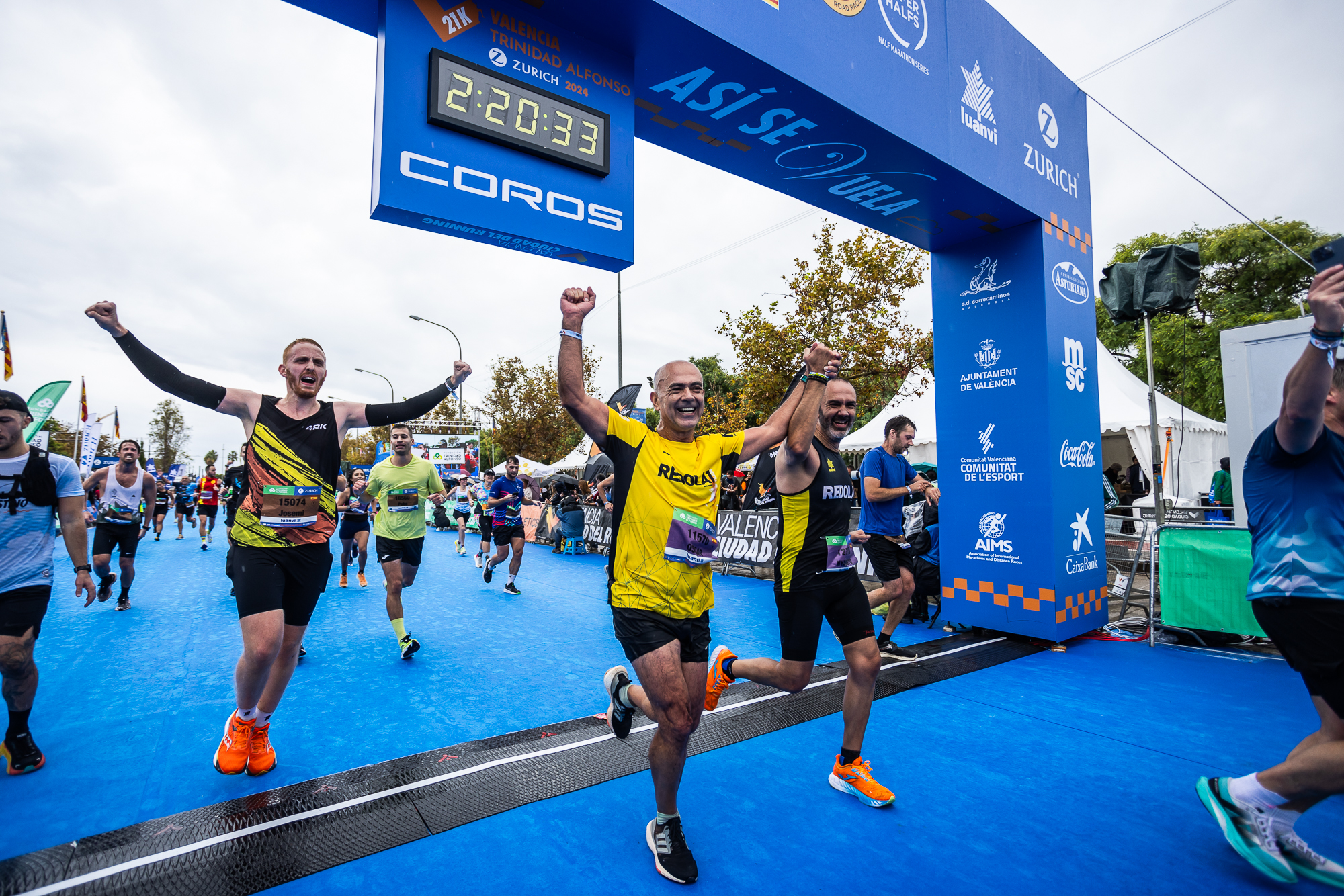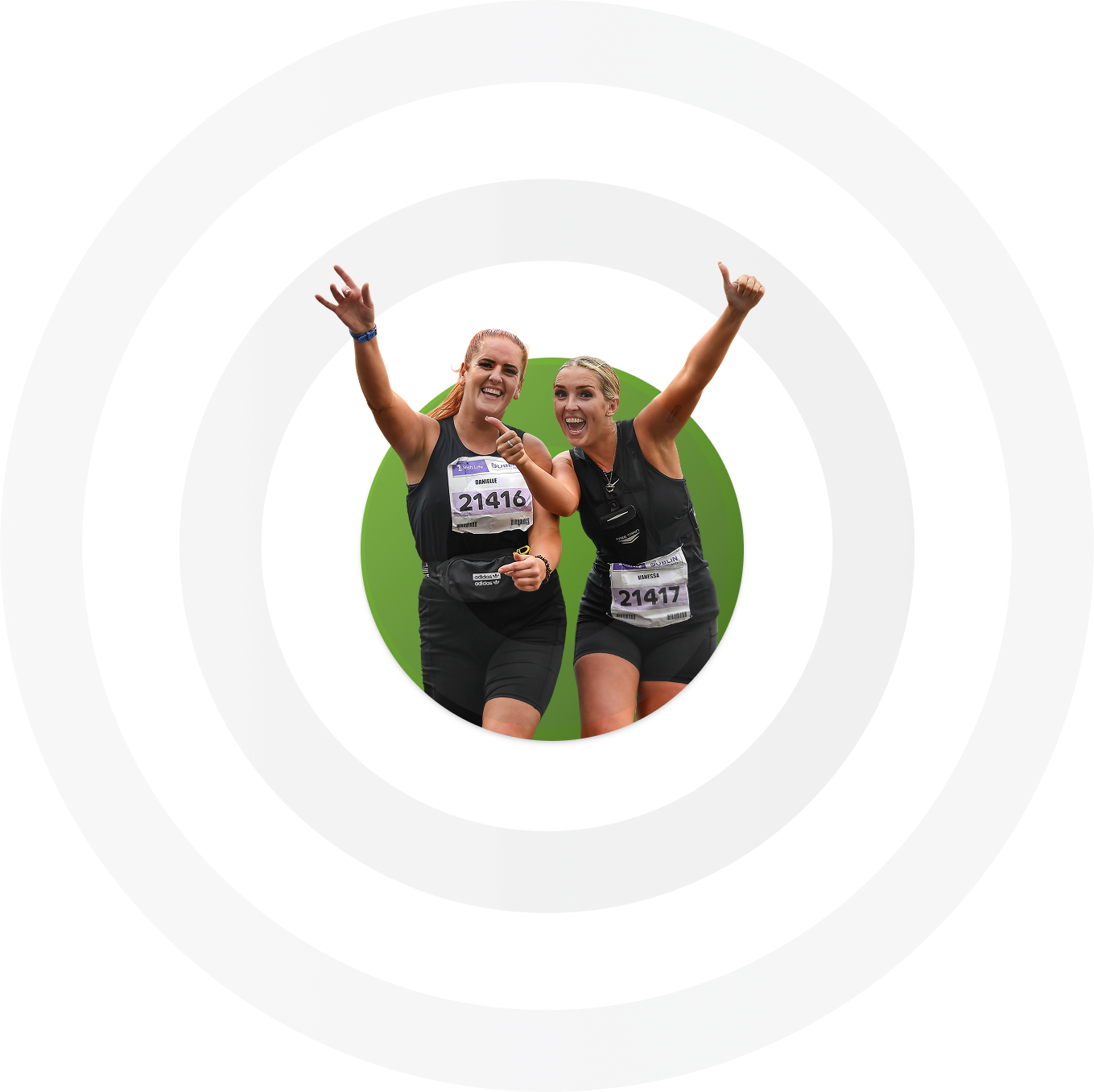Finding out how to make the most of your running in order to reach your true potential can start with knowing which distance is best suited to you, but there are other factors which also impact on your performance and potential.
Knowing what we should do is one thing, but actually doing it is quite another. There is so much advice on how to improve our running that it’s easy to feel so overwhelmed by it all that we don’t actually do any of the things we should. That, coupled with the fact that we might not actually know what our strongest event is, can inhibit our ability to produce the times that we should be running. But there are some simple steps we can all take to get the most out of our running.
Laws of physiology
One of the main factors that will shape our running potential is physiology. We are all different and our bodies respond in different ways to physical exertion. Whatever nature has given us genetically in terms of size, physique, fitness, lung capacity and muscle strength, will form the foundation stone of our sporting ability, but remember it can be built upon.
It’s possible with commitment, application and determination to train for any event, but stop and ask yourself before you start, what do you actually enjoy the most and what does your body best respond to? Do you enjoy running for long periods? Or do you sigh at the thought of any run over an hour? Do you like running fast, or does a slower, steadier pace suit you more.
One of the key ways to harness your potential is to start working with your body rather than fighting against it.
When you start to really examine how your body reacts to certain types of training, you might just start to see patterns that you hadn’t noticed before. One of the key ways to harness your potential is to start working with your body rather than fighting against it.
Discipline and belief
Once you’ve identified your running niche you have to be disciplined with your training and stick at it. Whether you’ve decided that it’s a short, middle or longer distance for you, the harsh reality is you won’t fulfil any of your potential if you don’t train, eat, drink or sleep properly.
Grand slam tennis champions are born of hours and hours of practice, hitting balls over and over again. It’s the same with any sport and running is no exception. You have to put in the time and make a commitment to that sport and believe in yourself. Mental strength, especially when it comes to individual sports, can help you over that fine line between success and failure. We all know the mental aspect of running can be brutal but it’s the same for everyone. You have to win the battle going on in your head every time you run and that means finding a way to keep going when it hurts. Back yourself and your ability and then back that up with the hard slog in training. Practice is key to improving your performance.
Patience
Be patient and don’t panic. It can be so disheartening when you’ve slaved over a training programme, prepared meticulously and then underperformed on the day. Remember that there are so many variables that can affect performance. Even the best athletes can have an off day (remember Paula Radcliffe’s bid for Athens Olympic gold in 2004 was famously derailed by an ill advised fish pasta dish the day before).
Many coaches would suggest that it’s only by hitting the lowest lows that we can go on to achieve the highest highs.
You will get there if you keep doing the right things, but you have to believe that, and come back again stronger and more determined. Even some of the most successful sporting stories have had the most inauspicious starts. Many coaches would suggest that it’s only by hitting the lowest lows that we can go on to achieve the highest highs, because the drive to avoid the pain of bitter disappointment, coupled with intense ambition, can take you to success.
Be prepared to make changes
Being prepared to make changes can relate to anything, from changing your foot strike to slowing down because you’re actually running too fast and need to build up your endurance capacity. Whatever the issue, be prepared to make bold changes.
Listen to advice and read as much as you can about other people’s experiences. Anecdotal accounts of training problems and race issues can help hugely in solving your own problems. If the experts recommend a hill training session once a week for your event to improve your speed, then give it a go. Try everything you can and be prepared to tweak things as you go.
One of the most frustrating experiences for runners is the feeling of hitting a plateau, a point at which you feel your times just aren’t improving. The reality is that we can always improve things, even if it’s just by one per cent. The important thing to remember is to explore all of your options and try everything, and once you’ve made a change, give it time to work. Mo Farah is a great example of this. On the advice of his coach Alberto Salazar, Mo hit the gym hard in order to achieve his dreams of double Olympic gold in 2012. Salazar believed weights would add extra strength to his natural speed and that this might just give him the competitive advantage. Salazar was right and Farah took gold over 5,000 and 10,000m. Be brave with your training choices and you could achieve your goals too.

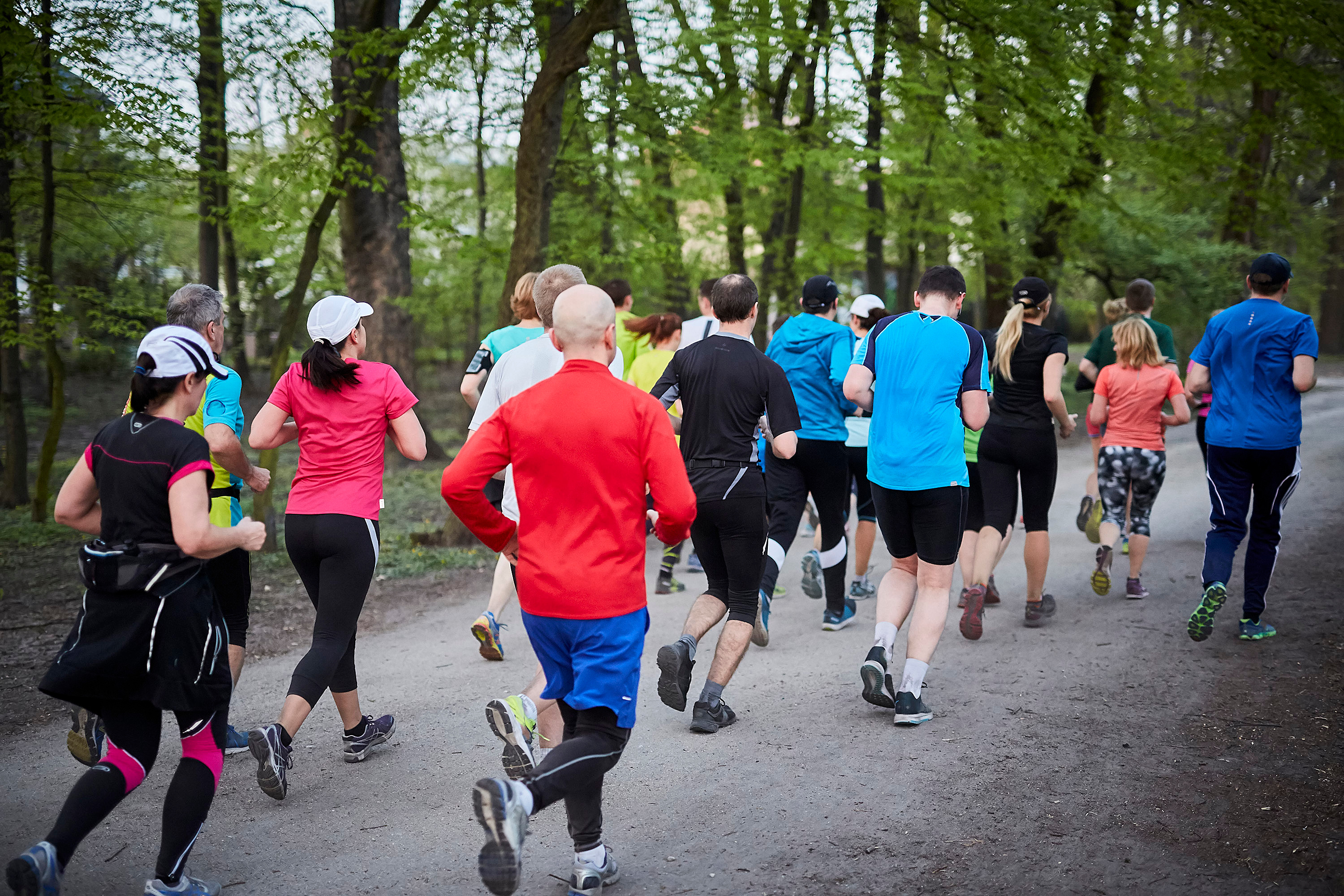

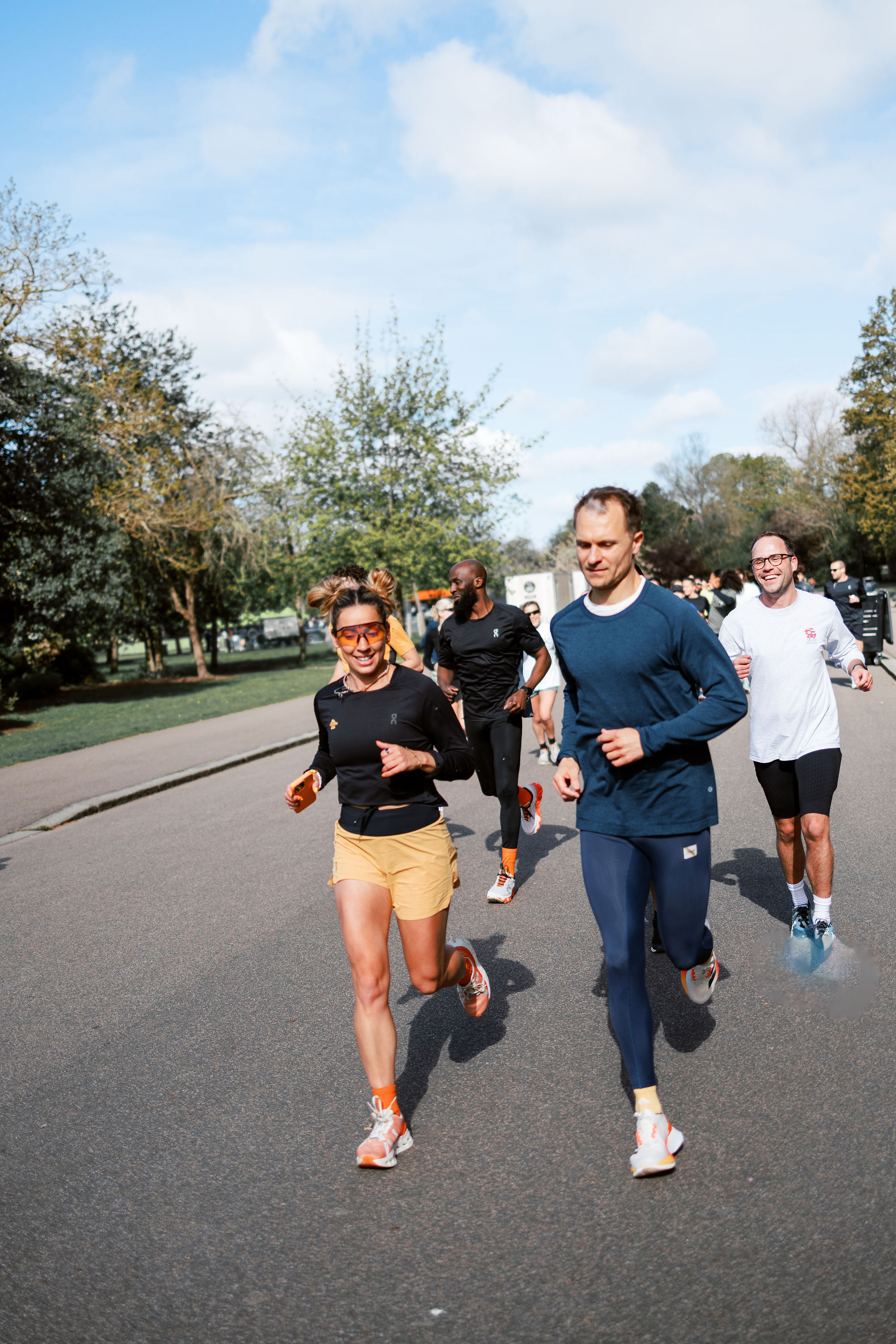

.png)
